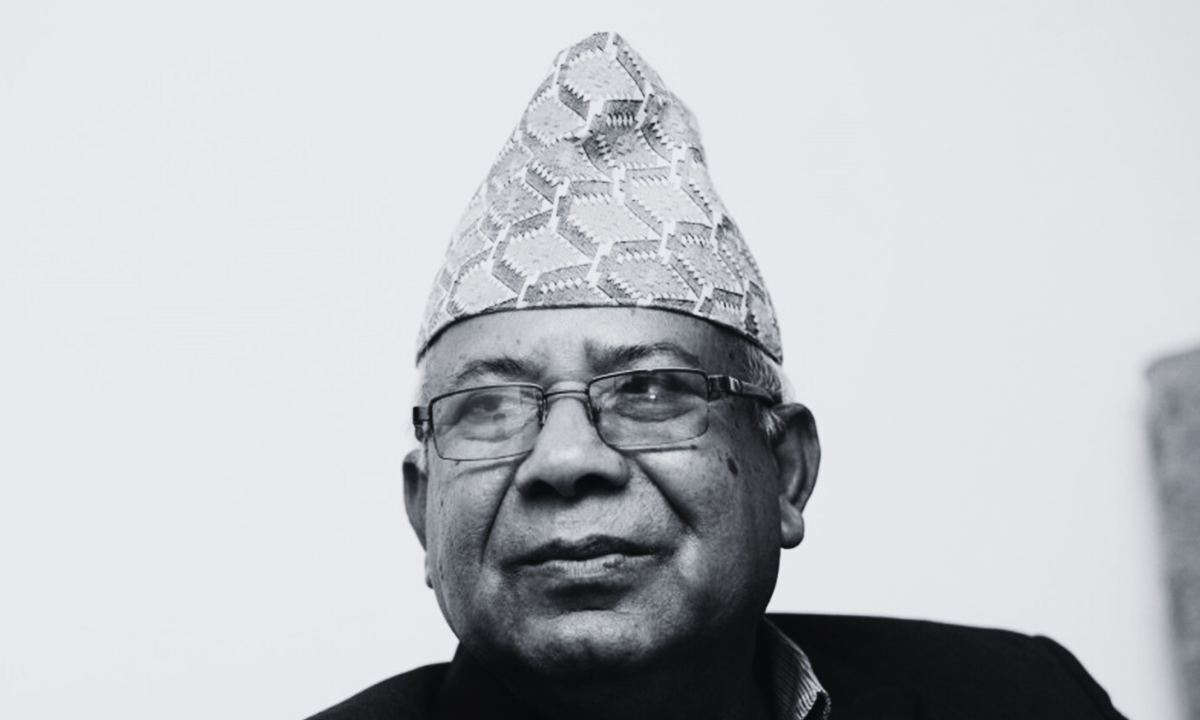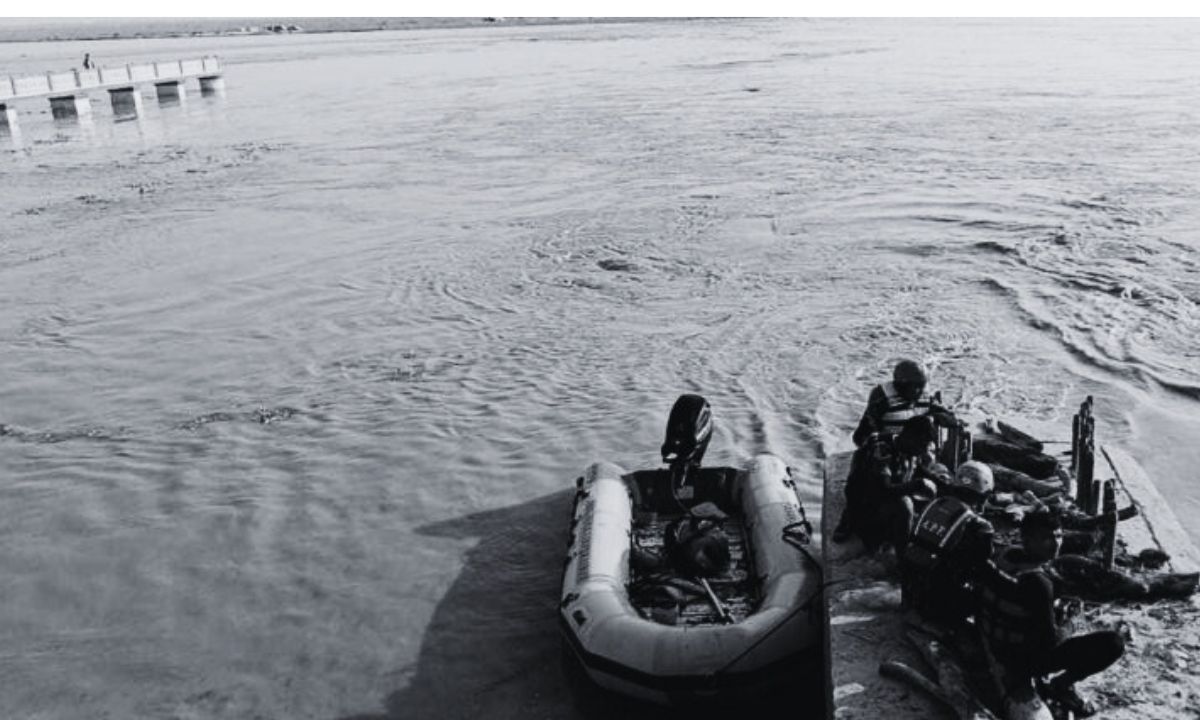Now Reading: Why Did the CIAA File a Corruption Case Against Former Prime Minister Madhav Kumar Nepal?
- 01
Why Did the CIAA File a Corruption Case Against Former Prime Minister Madhav Kumar Nepal?
Why Did the CIAA File a Corruption Case Against Former Prime Minister Madhav Kumar Nepal?

The Commission for the Investigation of Abuse of Authority (CIAA) has filed a corruption case against former Prime Minister and current Chairperson of the CPN (Unified Socialist), Madhav Kumar Nepal, alleging abuse of authority during his tenure. The charges focus on a controversial 2010 Cabinet decision to approve a land swap involving land that, by law, should have been nationalized.
Background of the Allegations
According to the CIAA, Nepal’s Cabinet illegally approved a land swap for property that was legally required to revert to government ownership. Nepal’s Land Act only allows exemptions to landholding limits for specific purposes such as industry or agriculture, and even then, such land must be used strictly for the intended purpose. Moreover, these exemptions are granted under Cabinet approval and cannot be repurposed or transferred.
The CIAA claims that the Nepal-led Cabinet granted land ceiling exemptions without documentation clarifying how much land was purchased or where it was located. Soon after, a land swap was approved, allegedly to benefit a private entity at the expense of public interest.
Involvement of Patanjali Yogpeeth and Land in Kavre
Central to the allegations is the approval of land ceiling exemption for approximately 554 ropani of land in Kavrepalanchok, including areas such as Sanga, Mahendrajyoti, and Chalal Ganeshsthan. This land had been acquired by Patanjali Yogpeeth Nepal and Ayurveda Company Nepal, entities associated with Indian yoga figure Baba Ramdev and his business partner Acharya Balkrishna.
The CIAA alleges that these entities were not legally recognized as industries eligible for such exemptions under the Land Act. Additionally, their company registration documents did not indicate any basis for receiving the land ceiling exemption.
Despite this, the Nepal-led Cabinet granted the exemption and later allowed a land swap, bypassing existing land management policy. The CIAA claims this approval was granted with the intent of preventing the land from being nationalized, as it would have been under legal provisions due to the company’s status.
Undue Pressure and Procedural Irregularities
The CIAA report also states that Madhav Kumar Nepal exerted undue influence on top government officials, including then-Chief Secretary Madhav Kumar Ghimire, to advance the proposal. It further alleges that Nepal:
- Did not initiate any legal review of the documents involved
- Approved the proposal without confirming its legality
- Pushed the Cabinet to endorse a proposal that favored Patanjali despite no industrial basis
The report also includes statements from former Land Reform Minister Dambar Bahadur Shrestha, who admitted in writing that the proposal was submitted following the Prime Minister’s verbal instruction. Former Secretary Chhabi Raj Pant and then-Director General Keshar Bahadur Baniya also testified that they faced pressure and threats from the Prime Minister to support the decision.
Political Influence and Witness Testimonies
According to the CIAA, the case reflects extensive political pressure. Former Minister for Culture Dr. Minendra Rijal stated in his CIAA testimony that the issue of Patanjali’s land was referred to the Social Affairs Committee, and later actions were taken based on that committee’s decision.
The CIAA further notes that several witnesses confirmed Prime Minister Nepal and Minister Shrestha had promised assistance to Ramdev and Balkrishna, and their intervention created significant political pressure to approve the land deal.
Suspension of Land Ceiling Policy for Patanjali
The CIAA report highlights that the Cabinet suspended the 2062 BS land ceiling policy one week prior to approving Patanjali’s land ceiling exemption. The timing and circumstances of this policy change have been labeled as deliberate and ill-intentioned, aimed specifically at benefiting Patanjali.
Legal Proceedings and Charges
Madhav Kumar Nepal has been charged under Section 3 of the Prevention of Corruption Act. This provision carries a prison sentence of 8 to 10 years for corruption involving amounts over 10 million rupees. Since Nepal held a constitutional position, an additional 3-year sentence may be imposed under existing legal provisions.
The CIAA has also filed a damage claim of 185.8 million rupees, citing the unlawful transfer of government property to private hands.
Impact of the Cabinet Decision
As a direct result of the Cabinet’s decision, 315 ropani out of the 554 ropani of land in Mahendrajyoti VDC were sold and transferred to private ownership. The CIAA holds that the land should have been seized or retained as government property.
The commission’s accusation reads: “Madhav Kumar Nepal misused his office to facilitate the transfer of government property to private ownership, thereby promoting private use of public assets with ill-intent.”
This case marks one of the most serious allegations of high-level corruption in recent Nepali political history. It centers on the improper use of executive authority, failure to follow legal procedures, and potential collusion with foreign-affiliated private interests. The case is now under judicial review, and if found guilty, Madhav Kumar Nepal could face a substantial prison sentence along with heavy financial penalties.
Further updates will be provided as the court proceedings advance.
















